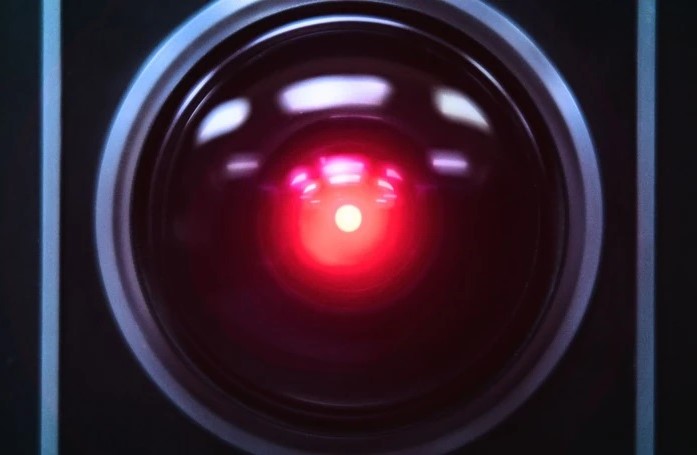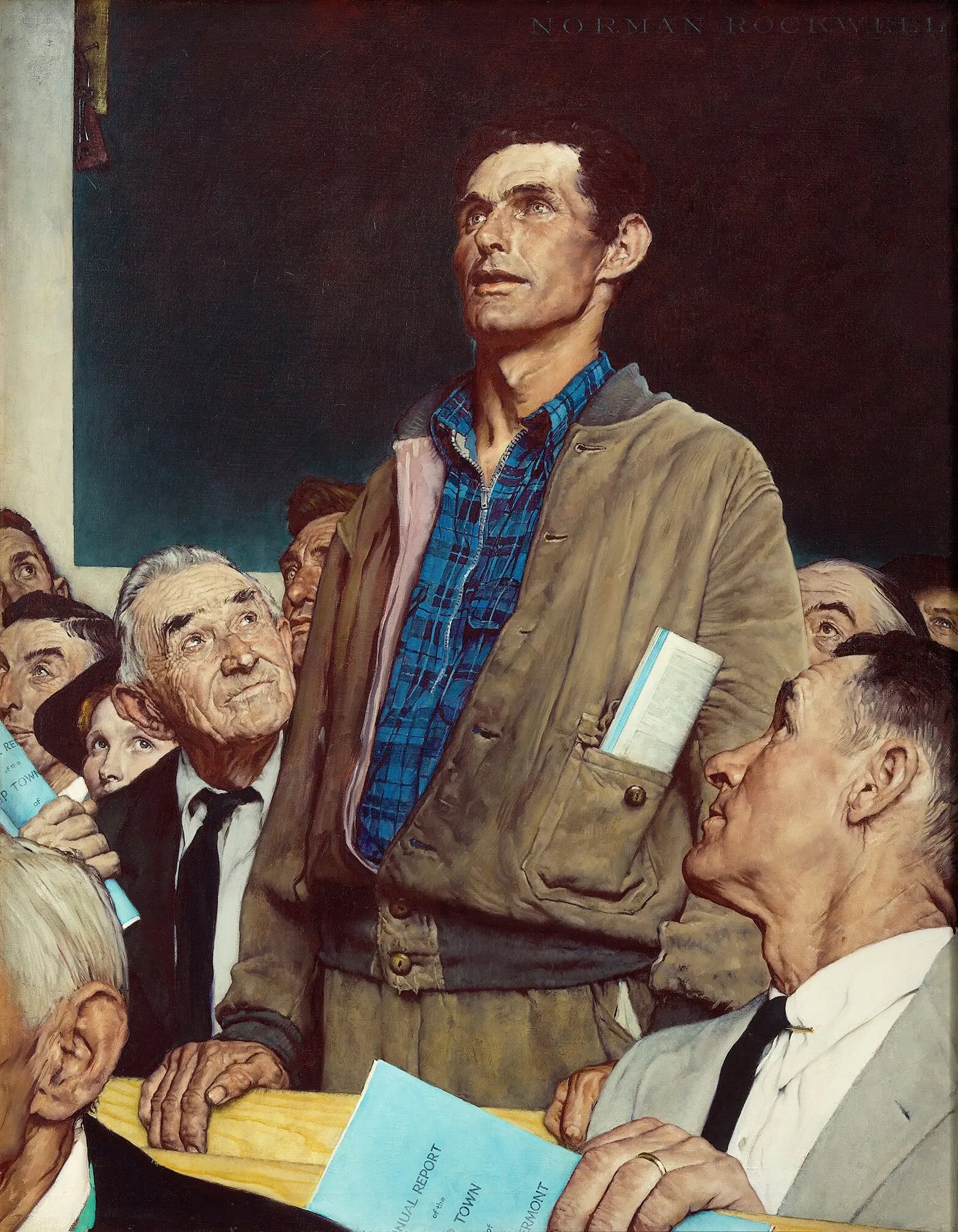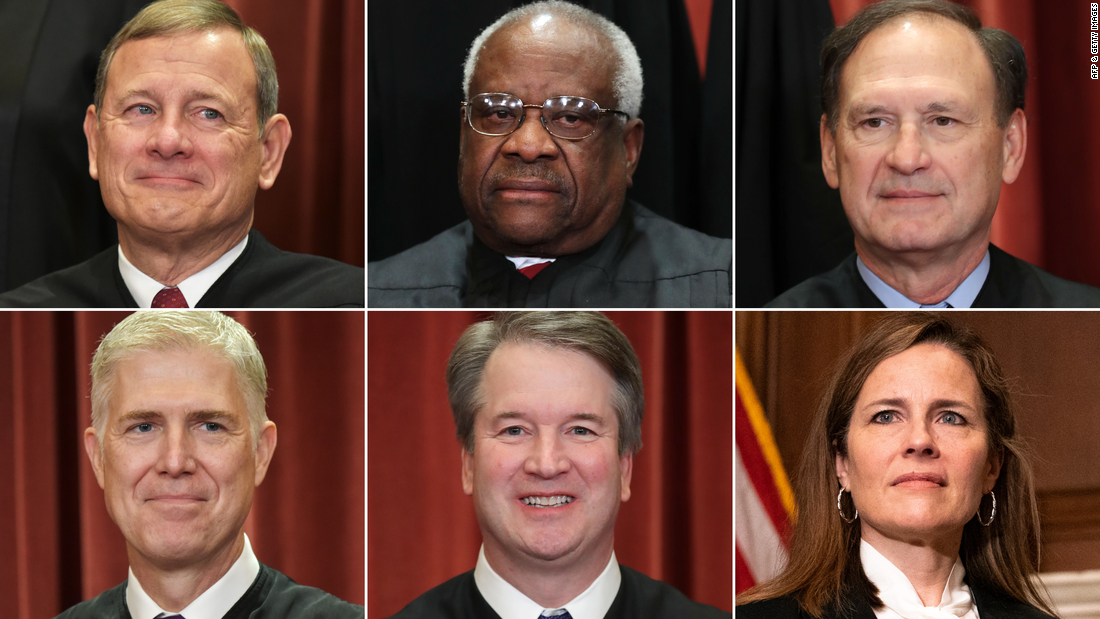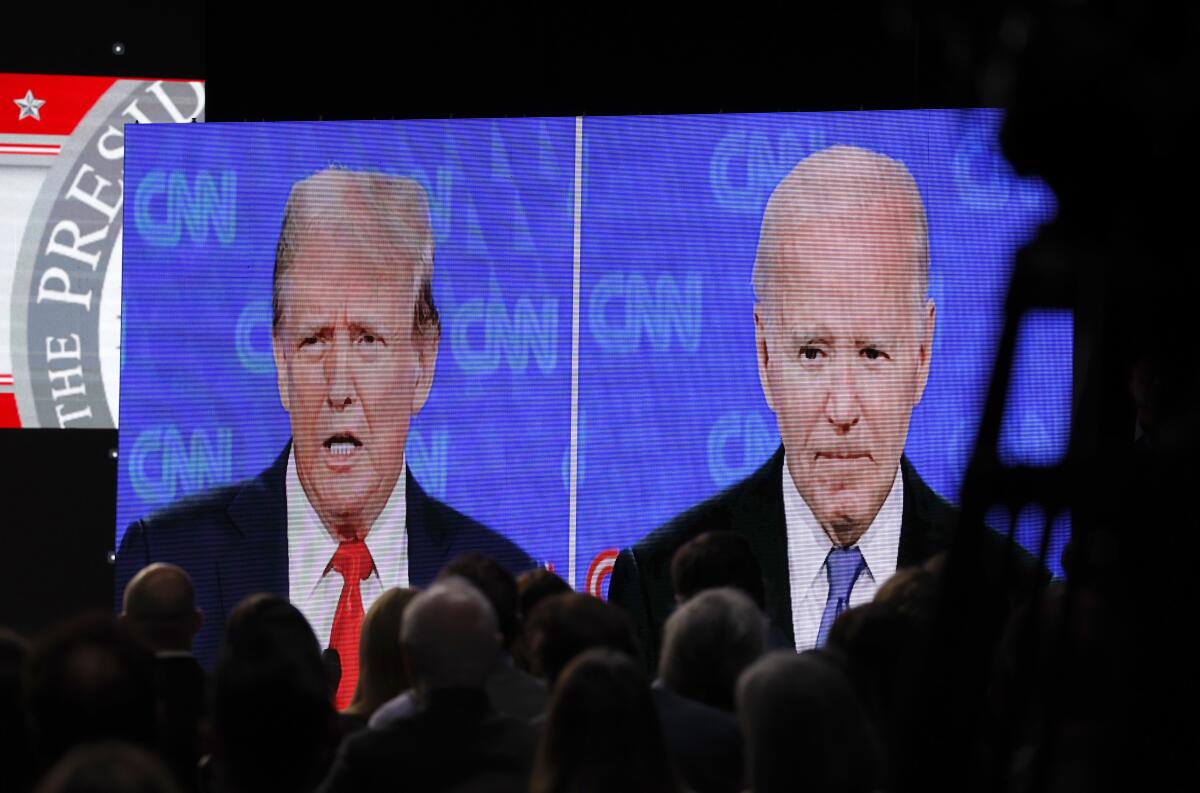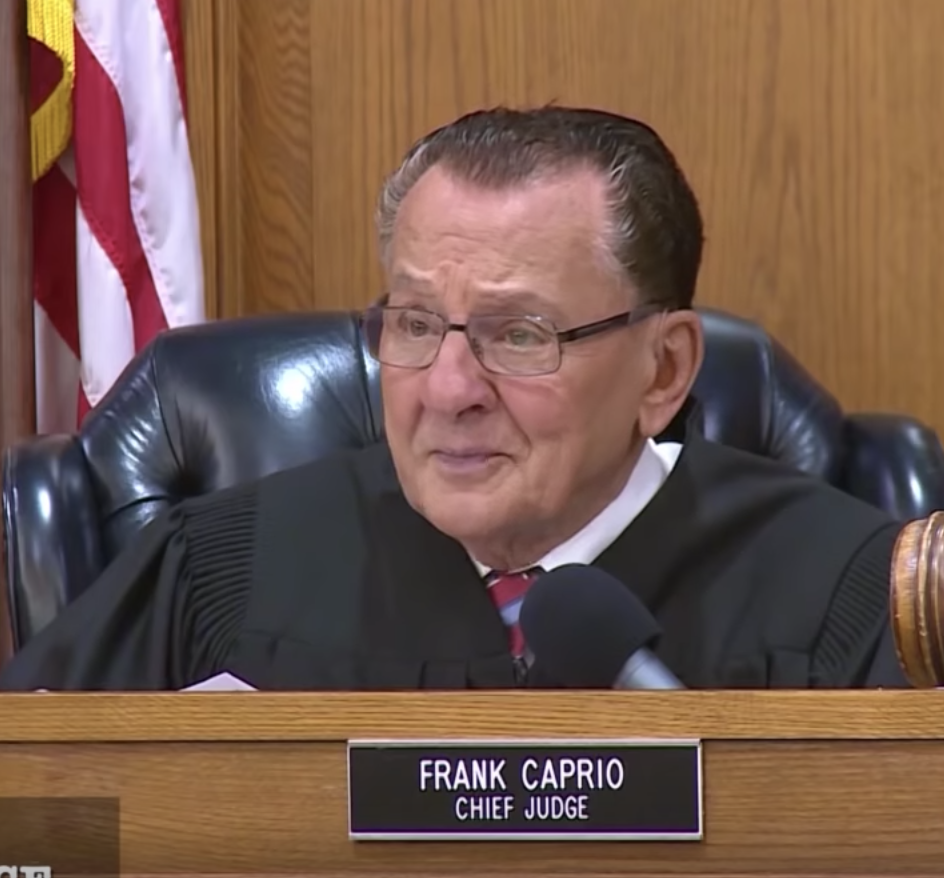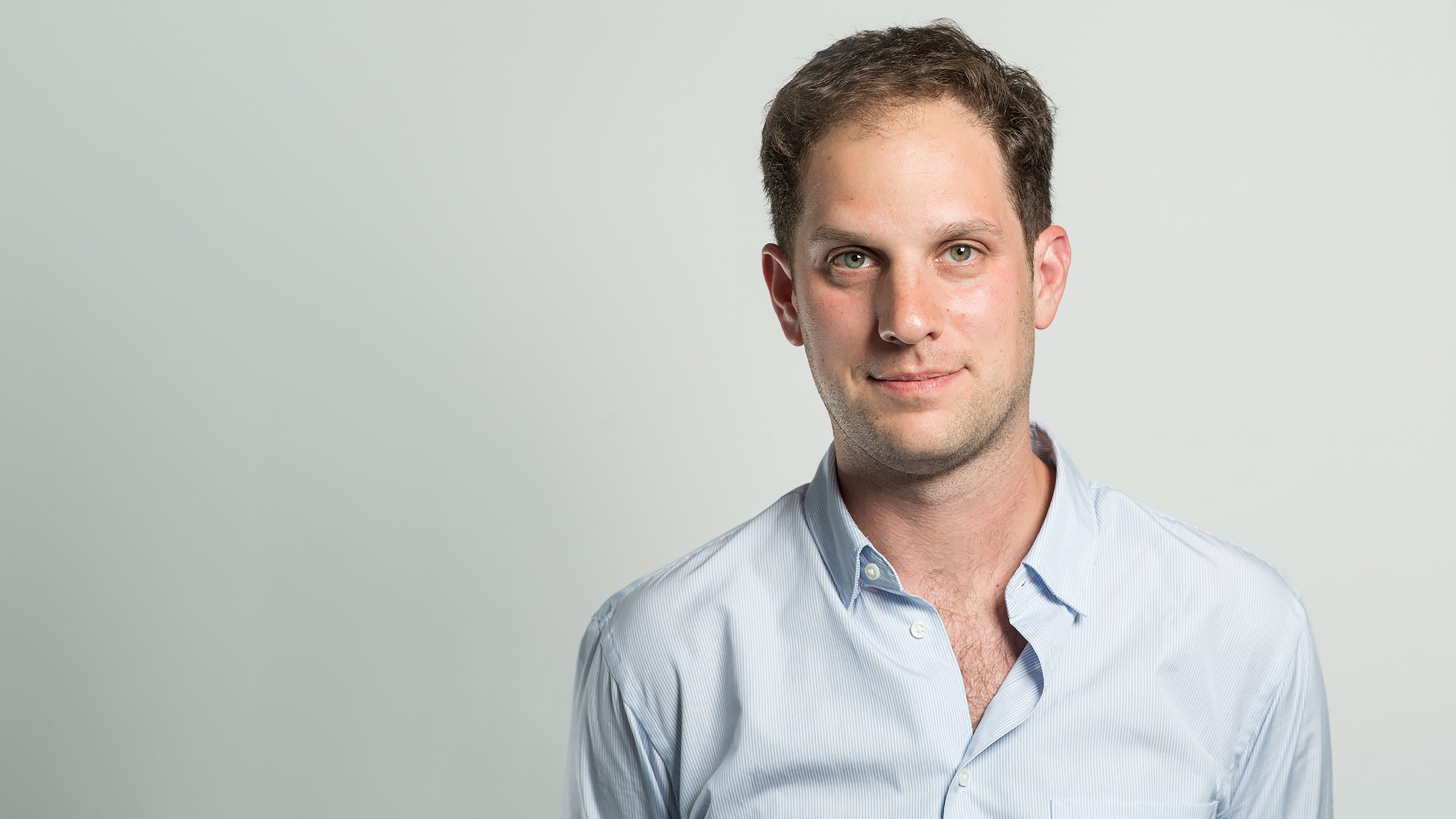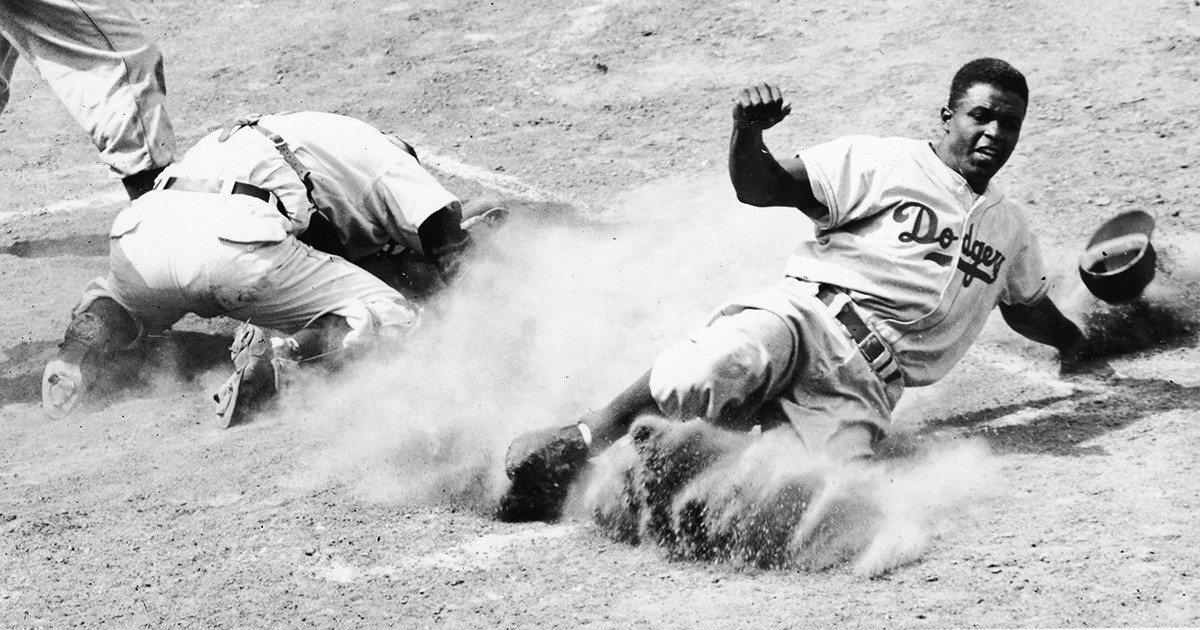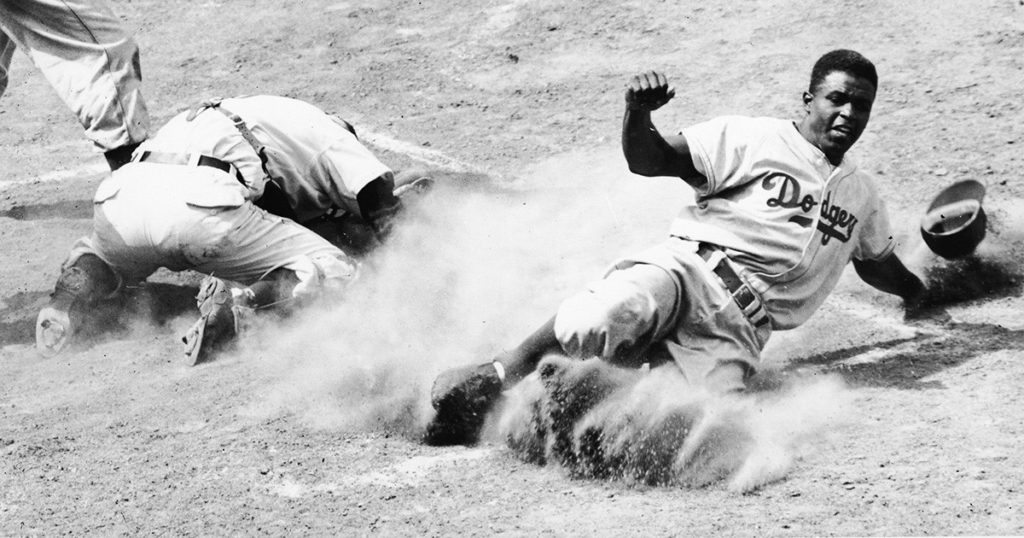
I begin with a conversation I had with documentary filmmaker, Ken Burns.
“The most powerful guiding principle in my life,” Burns begins, “has been and is now the conviction that the past is indeed prologue and we cannot know where we are headed if we do not understand from whence we came. From this, we can clearly see the futility of racism, for instance, which is the end result of the need to point the finger, blame, and vilify our neighbor in order to escape personal responsibility for our own perceived miseries.
“Soon after The Civil War [documentary] came out, I was giving a big speech in Wilmington, Delaware, and a young girl – maybe twelve or thirteen years old – asked me a question. ‘What is racism?’ I looked at her and I realized how important a question it was for her to ask and to understand. I said that it was probably the horrible, terrible, flip side of a very understandable human emotion, which is love of one’s own. When that love of one’s own metastasizes into hate, we begin to make distinctions about other people based on their differences from us. And what could be a more obvious, and yet superficial, difference than the color of one’s skin.
“The first of many moments of consciousness, is the moment when Jackie Robinson stepped into the previously all-white baseball world of the Dodgers and changed everything.
“I think that we, in the media culture, confuse heroism. We have reduced the notion that anybody who is well known, a celebrity, is therefore some sort of hero. In the area of sports, anybody who plays their game well is also a hero. And I would like to vehemently disagree. I think that heroes are very interesting combinations of both strengths and weaknesses.
“A hero is not someone who is perfect. Indeed, what the Greeks have told us for thousands of years, that the nature of a hero is the very obvious strengths and weaknesses of the people and the negotiations that go on between them which renders our contemporary scene with far more heroes than our media would like us to believe.
“Jackie Robinson is a particularly great hero because he transcended the skill that it takes to be a Major League ballplayer and entered the realm of almost Biblical proportions when he exhibited the necessary forbearance to withstand the withering racism that took place as the first African-American to join Major League Baseball.
“Most countries see themselves as an end in and of themselves. We Americans see ourselves as improvable, and I like that about the country. So, the mystery of that wonderful statement, ‘pursuit of happiness’ I think is what’s animated our desire always to get better. And that’s going to be in racial dimensions, it’s going to be in personal dimensions, it’s going to be in almost every field of human endeavor I can imagine. I like being part of a country that’s in the process of becoming.”
In the many talks I have given on ethics, the one question asked, more than any other is, “What is the most difficult ethical issue in America?”
The answer is always the same: intolerance; some perceive that anyone or anything that’s different from them is a threat to their way of life.
Today, intolerance has come to include anyone from a different political ideology. Author and pollster, John Zogby calls this tribalism. In his book, Neo-Tribes and Tribal Analytics, Zogby explains that America is no longer divided demographically – race, religion, ethnicity – rather we have become grouped by value attributes or tribes.
In a Q&A, John’s son Jeremy explains, “Tribal Analytics teaches us more about what we and others value and how there is so much overlap between groups that we tend to think are so different from us. It also teaches us that certain ‘tribes’ on the surface appear to be opposing.
How do we begin to talk to someone from another tribe?
“…ask and listen,” Jeremy says. “Try to understand your perceived opposition. Why do they believe in what they do? How did they come to the conclusions they came to? I’m not saying it’s easy, because it’s not. But when one uses empathy to walk a day in the shoes of another person—especially one that frustrates them—you come away with an entirely different perspective and approach. Now you are in a much better position to build a relationship with those who don’t share your affinities.”
A good friend of mine and I disagree on virtually every political issue. For every reason she gives me for believing in an issue, I offer a counter reason. And the reverse occurs when she challenges my issues. However, whenever either of us have needed help, we’re there for one another.
In so many crisis, from hurricanes to 9/11, everyone pulls together regardless of color, gender, religion, or political ideology. And that help, that demonstration of compassion comes from the faith we have in each other – in times of need, we stand together. We need to apply that standard in our daily lives.
Comments

